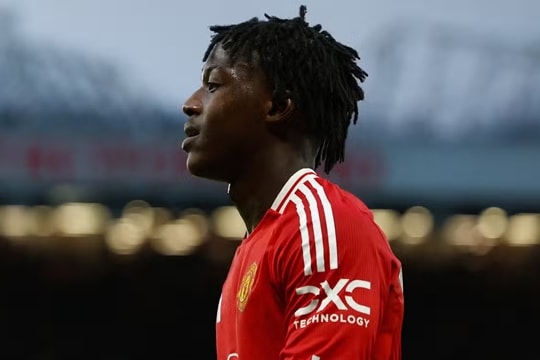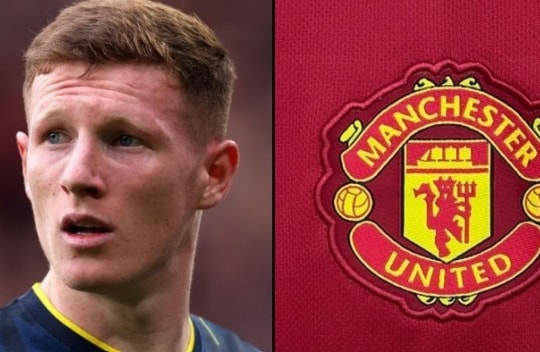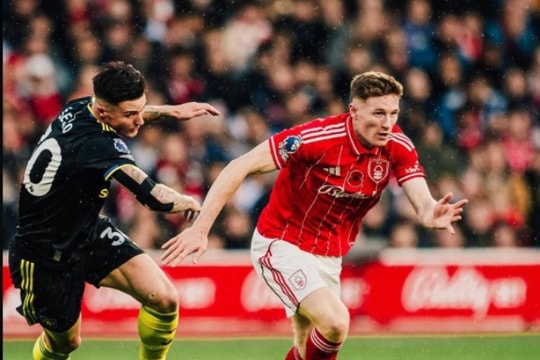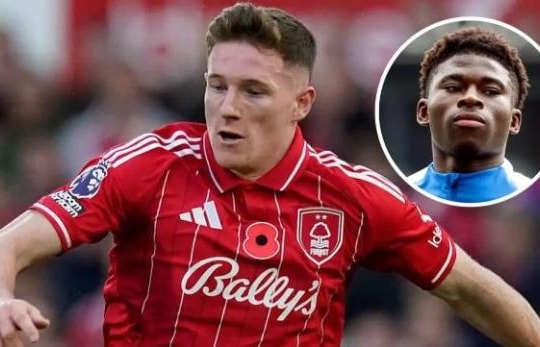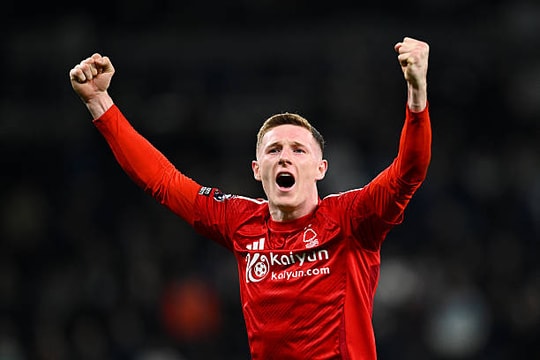MU pushes Elliot Anderson case, Newcastle cautious because of FFP
The race to sign Elliot Anderson has exposed a financial gap: United are willing to chase £100-120m, while Newcastle are held back by FFP and revenue restrictions.
The race to sign Elliot Anderson is clearly exposing the money gap between Manchester United and Newcastle United: MU is rumored to be willing to pursue £100-120 million with flexible options, while Newcastle are bound by Financial Fair Play regulations and current revenue limits.
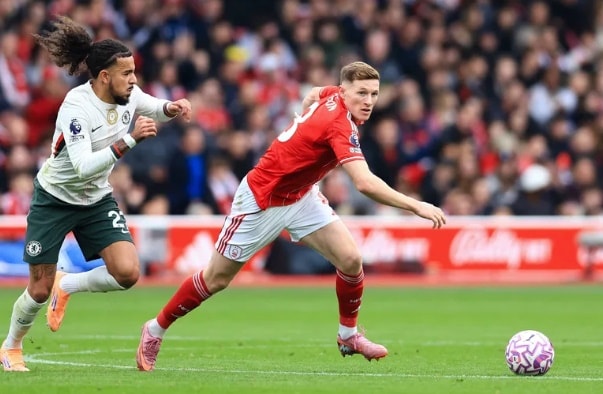
Transfer focus: Elliot Anderson and the test of Newcastle's ambition
Elliot Anderson, 23, is a product of Newcastle's academy, and is thriving at Nottingham Forest and the England national team. Newcastle's desire to bring their "child" back is an emotional story but also makes sense from a professional perspective. However, when Manchester United officially joined the game, the deal immediately became a measure of the financial capacity and ambition of two projects at different stages of development.
The money gap: MU's financial strategy and Newcastle's limits
At Old Trafford, the rumoured £100-120m fee for Anderson is seen as a strategic investment and within the reach of a long-established commercial powerhouse. United are not just cash-based, they also have the ability to deploy flexible transaction structures to optimise costs.
The swap: Mainoo as a lever
United are said to be considering Kobbie Mainoo as part of the deal, an idea that would see them be more financially proactive in their approach to a target, rather than relying entirely on a direct payment.
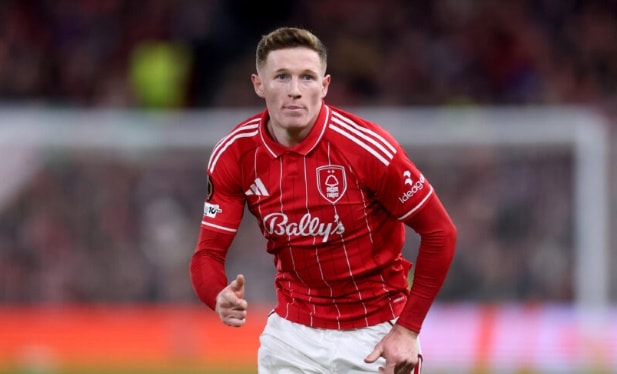
Newcastle and the structural barrier: why £100m is a difficult threshold
Despite the backing of a wealthy owner, Newcastle still have to strictly adhere to Financial Fair Play regulations, which means spending is based on actual revenue. In that framework, £100 million becomes a big barrier. Manager Eddie Howe has also hinted that Anderson's price tag may be too expensive at the moment.
The story goes beyond the power of a wealthy owner. It reflects the commercial infrastructure, sponsorship networks and scale of revenue streams – things that will take time to build before Newcastle can compete on an equal footing with the “big boys” who have accumulated advantages over decades.
Long-term impact: more than a signature
The Anderson deal is a test of Newcastle’s ambitions: to be at the top of the game, they need to continue to develop their brand value, sign key sponsorship deals and increase revenue from all sources. For United, on the other hand, this is an example of their ability to use financial leverage and flexibility in transaction structures to pursue transfer targets.
Whatever the outcome, the race has drawn a line between two models: a “new giant” building a foundation and a commercial machine already in motion. It is also a reminder that success in the transfer market comes not just from deep pockets, but also from a revenue ecosystem large enough to meet financial constraints.
Key Points
- Rumoured fee for Elliot Anderson: £100-120m.
- MU can use the player exchange option (Kobbie Mainoo) to optimize the deal structure.
- Newcastle are restricted by FFP and depend on actual revenue; manager Eddie Howe has hinted the price tag is too high.
- The deal is a test of Newcastle's ambition and commercial infrastructure against United's long-standing foundation.

